Should a garbage disposal be on its own circuit?
This post may contain affiliate links which means I may receive a commission for purchases made through links.
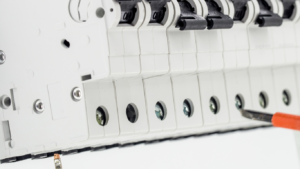
When installing a garbage disposal, the first thing that comes to the mind of most DIYers is whether the unit should be on a dedicated circuit. Also, there are a few who ask whether a garbage disposal and a dishwasher can be on the same circuit.
But is it really safe to connect a dishwasher and garbage disposal on the same circuit? Or should the garbage disposal be on its own circuit?
Well, those are some of the things we’ll be addressing in this article. So, keep reading to find out!
What is a dedicated circuit?
First of all, a dedicated circuit refers to an electrical line that has its circuit breaker in the electrical box. More notably, a dedicated circuit helps to reduce the risk of an electrical fire and prevent electrical overload.
Both shared and dedicated circuits will automatically trip the breaker if the circuit overheats. However, a dedicated circuit limits the amount of current that can run through it. Thus reducing the risk of overheating and electrical overload.
At the same time, a dedicated circuit prevents the circuit breaker from wearing out so quickly. Not to forget that it reduces the risk of damaging major appliances. In addition, a dedicated circuit will ensure that you don’t have to reset a tripped circuit breaker as frequently.
Should a garbage disposal be on a dedicated circuit?
Yes! It’s recommended that you connect your garbage disposal to a dedicated circuit of at least 15- 20A that is separate from other kitchen appliances. In addition, the circuit should not be connected to the main breaker as this could lead to a power shortage. However, garbage disposals can sometimes be connected to the same circuit as the dishwasher, but more on that later.
In the meantime, let’s look at why a garbage disposal should be on its own circuit!
While a garbage disposal is not as large as other kitchen appliances like microwaves and refrigerators, it should be connected to a dedicated line. This is because connecting the garbage disposal on the same circuit as other appliances could lead to a power shortage. Even worse, frequent power shortages can damage the appliances, forcing you to replace them.
Secondly, garbage disposals run in short bursts, instead of running for extended duration. Unfortunately, this initial power surge and short amount of use are high enough to trip the circuit breaker, cutting off power to other appliances on the same circuit.
Lastly, garbage disposals tend to vibrate when the blades rotate. This vibration can cause plugs to separate from the power outlet. As a result, if an appliance like the refrigerator is connected to the same outlet as the disposal, its plug will become loose, causing the food to spoil.
Can a dishwasher and garbage disposal be on the same circuit?
While it’s recommended that a garbage disposal is on its own circuit, the unit can sometimes be on the same circuit. However, the circuit must be 20A on a 12-gauge wire with a bare ground wire and 2 insulated wires.
For safety reasons, the combined ampere rating of the dishwasher and the garbage disposal should not exceed 16 A. Specifically, the National Electrical Code suggests that the combined ampere rating of the dishwasher and garbage dishwasher should not exceed 80% of the circuit ampere rating.
In addition, check if the local code authorities in your area permit the installation of the dishwasher and garbage disposal on the same circuit. This is because some local electric codes do not allow garbage disposals and dishwashers to be on the same circuit. Moreover, read the manuals of both appliances to ensure they don’t prohibit putting them on the same circuit.
Overall, while you can put dishwashers and garbage disposal on the same circuit if you observe the guidelines I’ve mentioned above, keeping them on separate circuits is the best option. That way, the performance of each appliance will not be affected if both units run at the same time.
Also, if your dishwasher or garbage disposal is connected to a 15A circuit, don’t connect another appliance to it. Otherwise, the circuit will frequently trip due to being overwhelmed by power if both appliances run at the same time. However, if you run one appliance at a time, you’ll not encounter any problems if they’re on the same circuit.
How many Amps does a garbage disposal need?
When loaded down with food waste, garbage disposals use a good bit of amperage as they grind up the scraps. Generally, if the disposal unit is on its own circuit, the ideal Amp for the dedicated circuit would be 15 Amp fed by a grounded 14/2 NM cable.
However, if you’re planning to connect the garbage disposal and dishwasher on the same circuit, use a 20A circuit and a grounded 12/2 NM cable.
Either way, it’s important to check the manufacturer’s instructions before you choose a 15 or 20A circuit. This is because the Amps may vary depending on the type and size of the garbage disposal.
Conclusion
A garbage disposal requires a significant amount of electrical power to run. For that reason, it’s good to connect a garbage disposal on its own circuit, just like other appliances like microwaves, refrigerators, and dishwashers. This will help to prevent potential fire hazards and reduce the risk of short-circuiting and overloading. In addition, it’s important to check the appliance’s manual for its specific circuit requirements as well as the local electrical code for kitchen circuit requirements in your area.

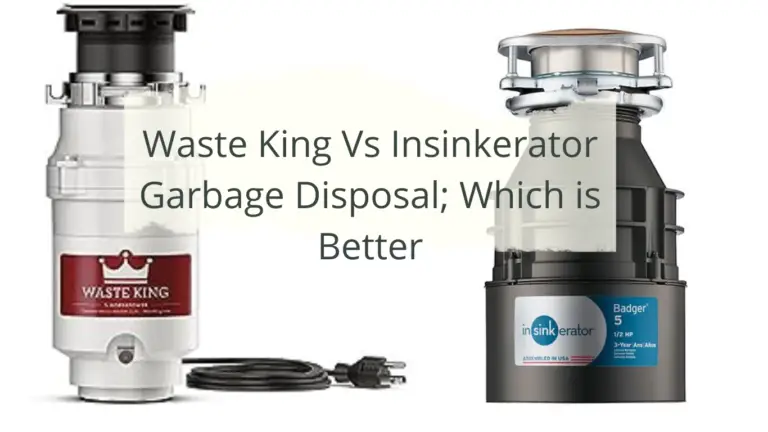
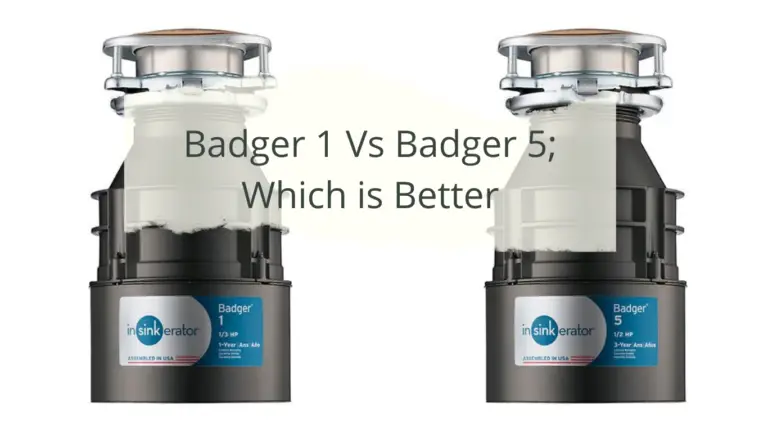
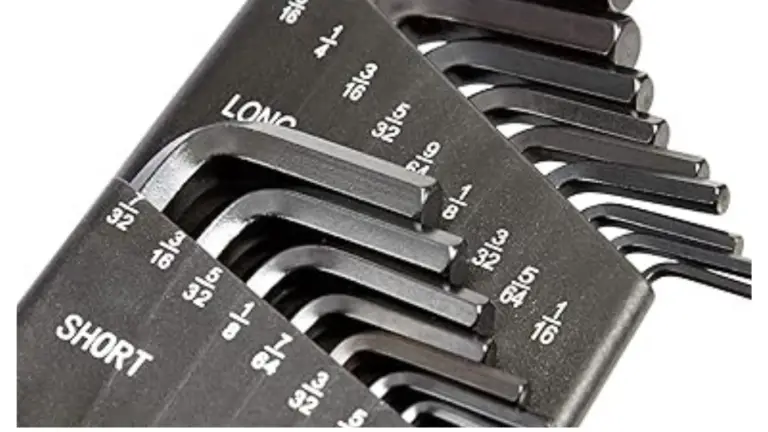
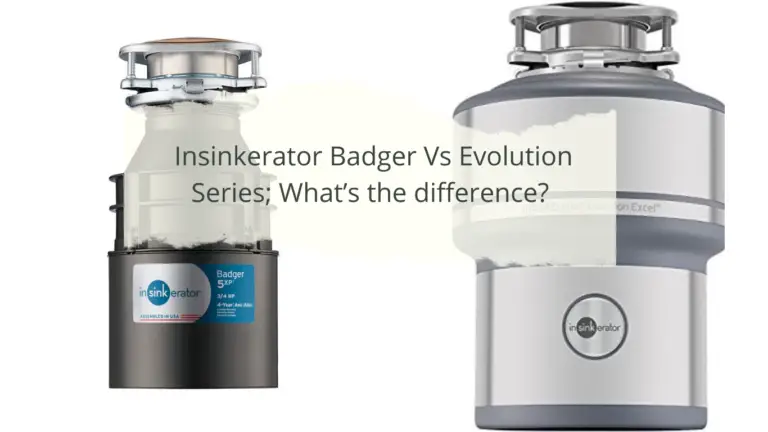

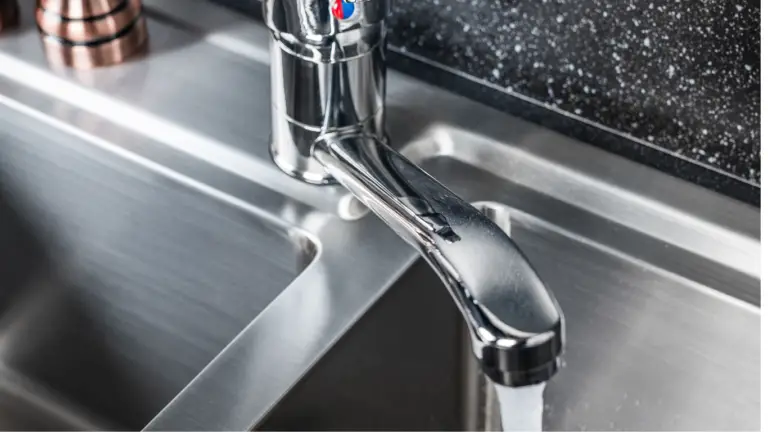
order doxycycline sale – albuterol inhaler glucotrol ca